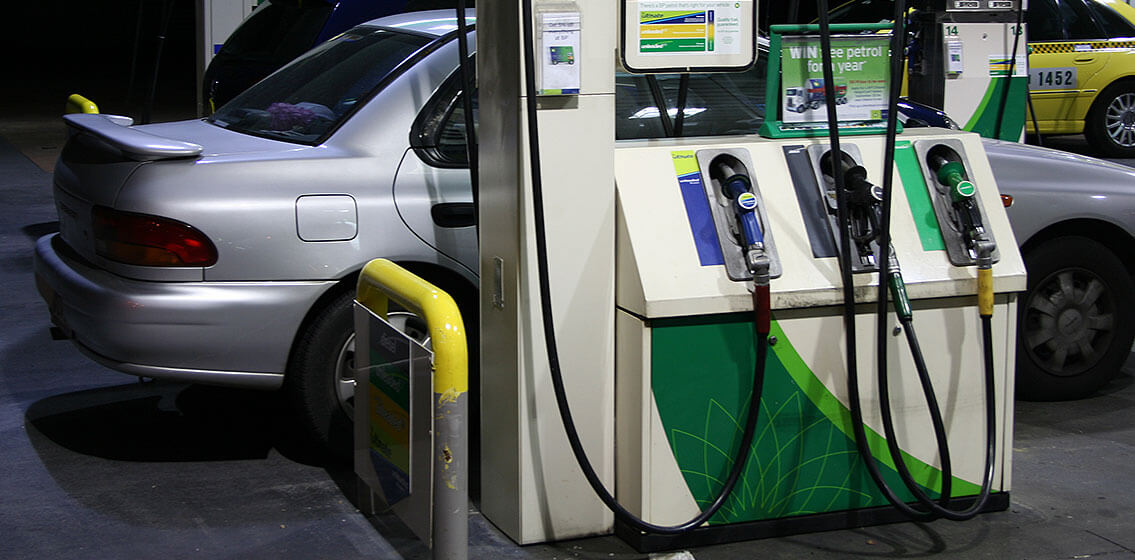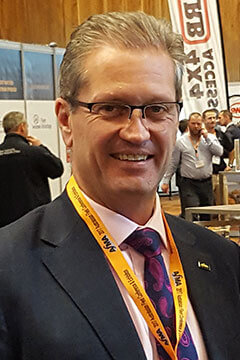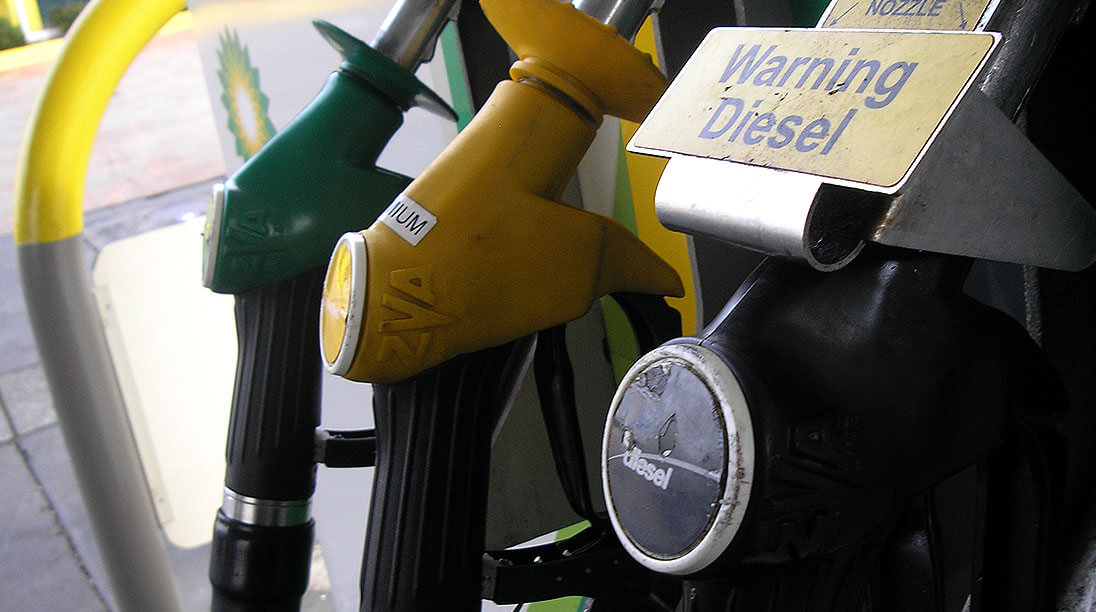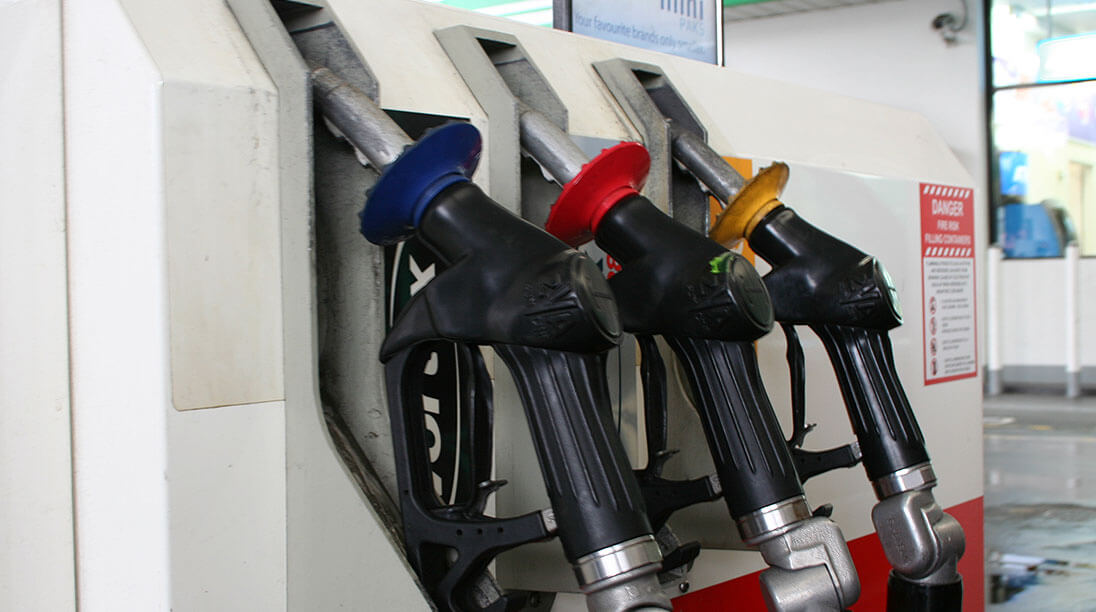But that is only if Australia can find sufficient high quality fuel offshore available for importing, Mr Hartley said.
Speaking at the 2017 Australasian Fleet Conference and Exhibition in Melbourne last week, Mr Hartley also said AFMA had joined a new international group of national fleet organisations designed to encourage the open exchange of industry knowledge and help accelerate the development of the fleet and rental industries in emerging markets.

Fuel for thought: Should stricter emissions regulations be introduced in Australia, it could dramatically increase operating costs.
“By moving to Euro 6 (emissions standards), or introducing stricter CO2 targets, that would mean we have to move to higher fuel quality,” he said.
“Today, most fleets are not running on premium unleaded petrol. They run standard unleaded.
“The price difference between those two is about 11 cents a litre. Whenever lower emissions and higher quality fuel are mandated, the cost of fuel will go up.”
Mr Hartley said that if a fleet manager was running 100 cars and spending around $2000 a year on fuel for each car, the annual fuel bill would increase sharply from $200,000.

Mace Hartley
However, he pointed out that it is not clear whether the government can mandate a move to higher quality fuel. Australia imports about 46 per cent of its transport fuel and relies on four local refineries for the rest.
“If we are going to improve fuel quality, that means hundreds of millions of dollars in investment by the local refinery owners, which they don’t want to spend,” he said.
Australia’s refineries are small by world standards and companies have closed some refineries in the last decade rather than expand them or invest to improve the quality of the fuel they produce.
“In Australia, we have only two weeks’ supply of fuel in storage,” Mr Hartley said. “If the local refineries close, then our fuel security gets worse.”
Australia is the only developed country in the world that does not have a government-mandated emergency supply of liquid fuels, according to a report by the NRMA in 2015.
According to Mr Hartley, shortfalls in local supply will not be solved by simply buying larger volumes of fuel from refiners in Singapore.
“The view is there is a whole range of countries moving to better fuel quality and there probably won’t be enough fuel coming out of Asia to satisfy our needs, especially if we lose some of our refineries,” he said.
Mr Hartley said AFMA had become the first national fleet managers’ association to join the new group called Global Fleet Networking Consortium (GFNC), which now also includes fleet manager associations from Mexico, China and the UK.
The consortium was proposed by the Automotive Fleet & Leasing Association (AFLA) of the US, which is different to the North American Fleet Association, that only admits fleet owners or operators as members.
AFLA and AFMA are similar in that they allow suppliers to become members.
“AFMA is about 75 per cent fleet owners and managers and the other 25 per cent are suppliers,” Mr Hartley said.
“AFLA is the reverse; 75 per cent of members are suppliers and 25 per cent are fleet managers.
“Our memberships are quite different, but our challenges to share knowledge are the same.”
Mr Hartley said AFMA had been working to raise fleet management to professional status, collaborating with Swinburne University to offer a graduate certificate in fleet management.
“We have recently launched a diploma of leadership and management, all contextualised for fleet management,” he said. “We’re trying to make fleet management more professional.”
This was broadly what the GFNC will be aiming to do, he added.
“The thing that has come together for the two associations (AFMA and AFLA) is that many of our fleets have global presences. They operate in different jurisdictions,” he said.
“What we are hoping to do is share some of those best practices.”
“People talk about best practice all the time. Best practice here is different to over there. We are in different environments.
“The core fundamentals of fleet management are the same across the world, but we are operating in different jurisdictions, different terrains and have different needs.”
He said the fleet industry has achieved different levels of maturity in different countries and the GFNC can help spread knowledge.
“Procurement is one of our topics and focuses on ethical procurement and sustainability. In different jurisdictions such as Asia, bribery and corruption is a necessary part of doing a deal.
“If you are not part of that, you won’t be doing business, depending on which Asian country you are talking about.
“Some are very structured, but there are different playing fields. China represents a whole range of playing fields, not necessarily in bribery and corruption, but it is a vastly different world. The jurisdictions in the provinces even behave differently.
“We are hosting a delegation from China in August. They’re bringing a team of people to look at the rental market here.
“They are 10 or 20 delegates coming from different provinces in China and they are all running their own little rental car companies. They are coming here to explore best practice. What do we do here? How does Hertz do it?”
By Ian Porter













 Read More: Related articles
Read More: Related articles

